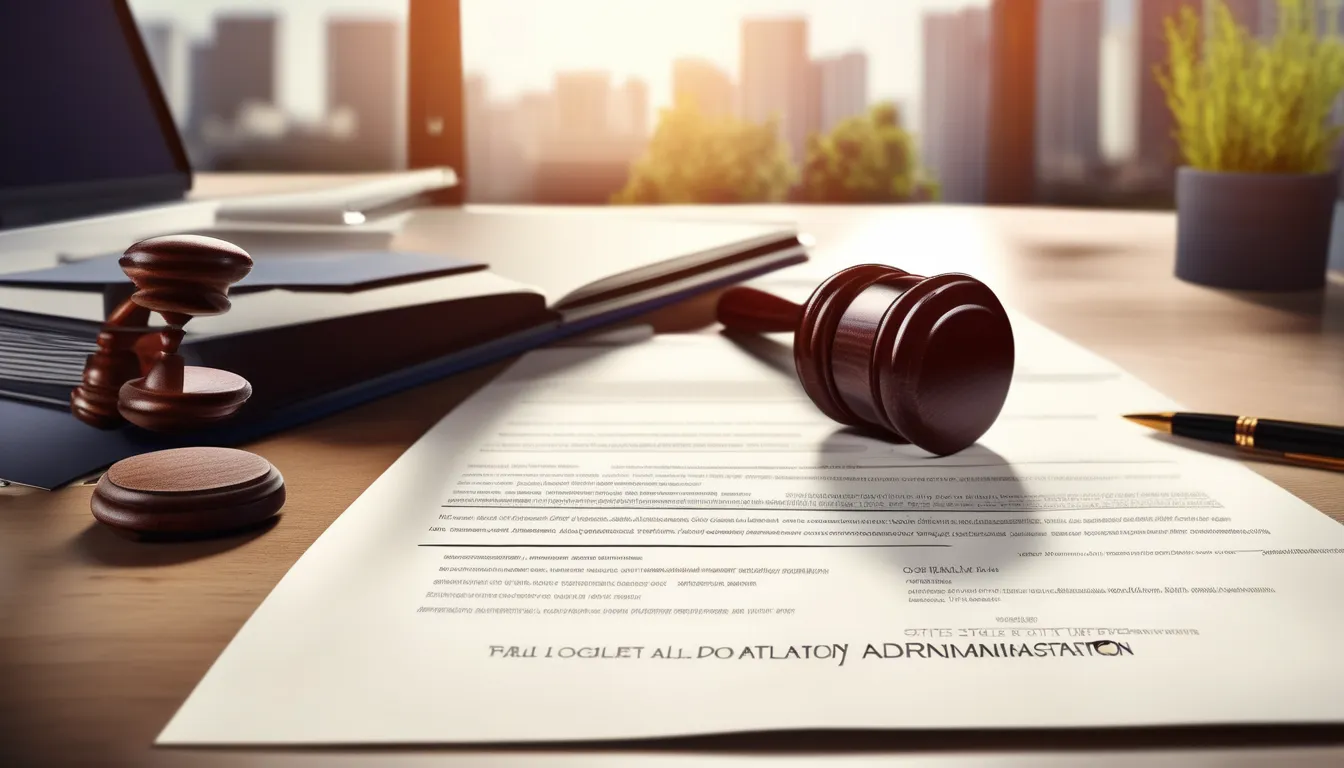Filing a Total and Permanent Disability (TPD) claim in Brisbane can feel like a daunting journey. When illness or injury leaves you unable to work, a successful TPD claim can provide financial relief during a challenging time. However, the process is not always straightforward. Insurers have strict requirements, and a simple mistake can delay or even derail your claim. If you want to increase the chances of your TPD claims application being successful, it’s crucial to approach the process carefully, with attention to detail, and, when needed, seek professional support.
This guide will walk you through the steps to help ensure your TPD claims application is as strong as possible.
1. Understand Your Insurance Policy
The first step to success is understanding the terms and conditions of your TPD insurance. Whether your coverage is through superannuation or a separate life insurance policy, it’s essential to review the fine print. Insurance policies often have complex clauses, definitions, and exclusions that can affect your claim’s outcome.
What to check:
- Definition of TPD: Different policies have different definitions of what constitutes a “total and permanent disability.” Some insurers may require you to be unable to work in any occupation, while others may only look at your specific profession. Make sure your condition meets the insurer’s definition of “total” and “permanent.”
- Exclusions and Limitations: Be aware of any exclusions that may apply to your policy. For example, some policies might not cover pre-existing conditions or certain types of injuries. Understanding these exclusions upfront will help you avoid surprises later.
- Eligibility Criteria: Review any specific eligibility criteria, such as the time frames for filing a claim and the necessary documentation. Ensuring that you meet all the requirements is crucial for the success of your claim.
2. Gather Comprehensive Medical Evidence
One of the most important aspects of any TPD claim is the medical evidence that supports your disability. Insurance companies will want proof that your condition is both total and permanent. Without strong and detailed medical evidence, even the most legitimate claims can be denied.
What to do:
- Detailed Reports: Obtain thorough medical reports from your treating doctors, specialists, and healthcare providers. These reports should clearly explain how your condition prevents you from performing work-related tasks. Be sure to include any test results, diagnoses, and treatments.
- Independent Medical Evaluation: In some cases, the insurance company may request an independent medical examination (IME). It’s essential to attend this examination, as it will form part of the evidence they consider. Your lawyer or medical professionals can help ensure that the examiner has all the necessary information to provide an accurate assessment.
- Ongoing Care: Insurers may also consider the long-term nature of your condition. If you’re undergoing ongoing treatment, be sure to provide records of all treatments, medications, and therapies you’ve received. This will help demonstrate that your disability is permanent and not expected to improve.
3. Complete the Application Accurately
The TPD claims application process involves a significant amount of paperwork, and completing the forms accurately is vital to ensuring the success of your claim. Even a minor mistake can cause delays or, in some cases, result in your claim being rejected.
Tips for success:
- Check for Errors: Double-check every section of the application to ensure that all personal details, medical information, and employment history are accurate and up to date.
- Provide All Required Documents: Ensure that you include all necessary documents, such as medical records, proof of employment, and any additional documentation required by the insurer. Missing documents can cause unnecessary delays.
- Be Honest and Clear: When describing how your condition affects your ability to work, be honest and specific. Insurance companies may use vague or incomplete descriptions as a reason to deny claims.
4. Seek Professional Legal Advice
The TPD claims process can be overwhelming, and there are many complex rules and regulations involved. One of the best ways to strengthen your application is to consult a lawyer who specializes in TPD claims. They can provide invaluable support at every stage of the process, from reviewing your policy to submitting your claim.
How a lawyer can help:
- Clarifying Your Policy: A TPD lawyer can help interpret the terms and conditions of your policy, ensuring you fully understand your rights and responsibilities.
- Strengthening Your Claim: Lawyers who specialize in tpd claims application brisbane understand the types of medical evidence that insurers find most compelling. They can also ensure that your claim is presented clearly and persuasively, increasing your chances of approval.
- Navigating the Appeals Process: If your claim is denied or if you are offered a settlement that doesn’t meet your needs, a lawyer can help you navigate the appeals process and fight for a better outcome.
- No Win, No Fee: Many TPD lawyers work on a “no win, no fee” basis, meaning you don’t pay unless your claim is successful. This can provide peace of mind if you’re already dealing with financial strain due to your disability.
5. Be Patient, but Proactive
The TPD claims process can take time, and delays are common. Once you’ve submitted your application, it may take weeks or even months for the insurance company to make a decision. While waiting for an outcome can be frustrating, it’s important to stay proactive and follow up regularly.
What to do:
- Stay in Contact: Keep track of your claim’s progress and stay in regular contact with your insurer. If you haven’t heard anything after a few weeks, don’t hesitate to follow up to check on the status of your claim.
- Be Prepared for Additional Requests: Insurers often request further documentation or clarification during the assessment process. Be prepared to provide any additional information promptly to avoid delays.
- Manage Your Expectations: Understand that the insurer may not make an immediate decision. If your claim is denied or if the offer is lower than expected, know that you have the right to appeal, and your lawyer can help guide you through that process.
6. Appeal If Necessary
If your claim is denied or if you feel that the settlement offer is too low, don’t be discouraged. You have the right to appeal the decision, and many TPD claims are successfully overturned on appeal.
Tips for the appeal process:
- Understand Why Your Claim Was Denied: Ask for a detailed explanation of why your claim was rejected or undervalued. Understanding the reasons behind the insurer’s decision can help you address the issues in your appeal.
- Provide Additional Evidence: If possible, provide further medical evidence or documentation that strengthens your case. Your lawyer can help you gather the necessary information to bolster your appeal.
- Stay Persistent: Insurance companies may try to wear you down during the appeals process, but persistence can pay off. A lawyer with experience in TPD claims can guide you through the process, helping you fight for the compensation you deserve.
Conclusion
Ensuring that your TPD claims application is successful in Brisbane requires careful planning, thorough documentation, and sometimes, professional legal support. By understanding your insurance policy, gathering strong medical evidence, completing your application accurately, and seeking legal advice, you can increase your chances of a positive outcome.
Remember, the TPD claims process can be challenging, but you don’t have to face it alone. Whether you're filing the claim yourself or appealing a decision, the right guidance can make all the difference in securing the financial relief you need during a difficult time.





